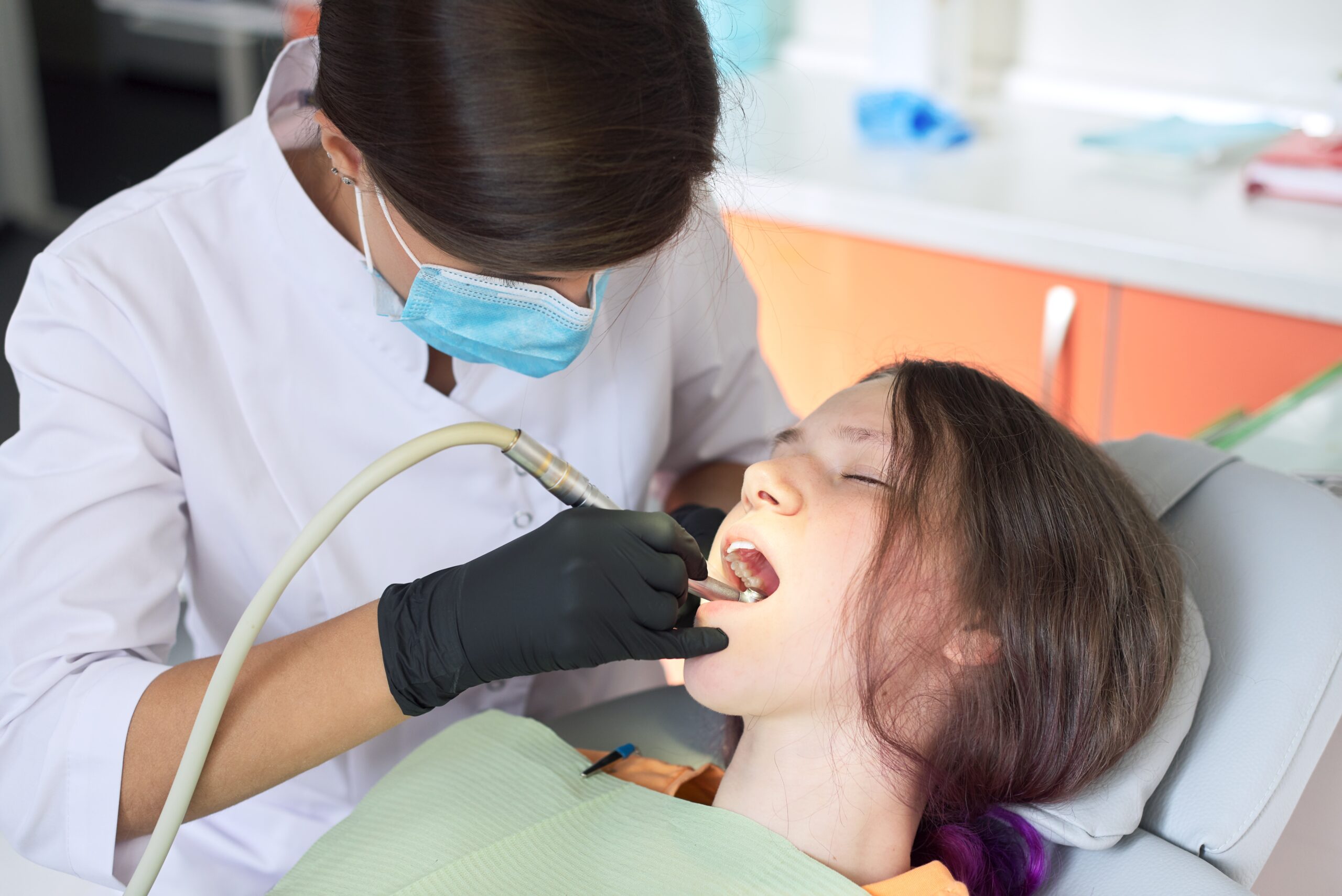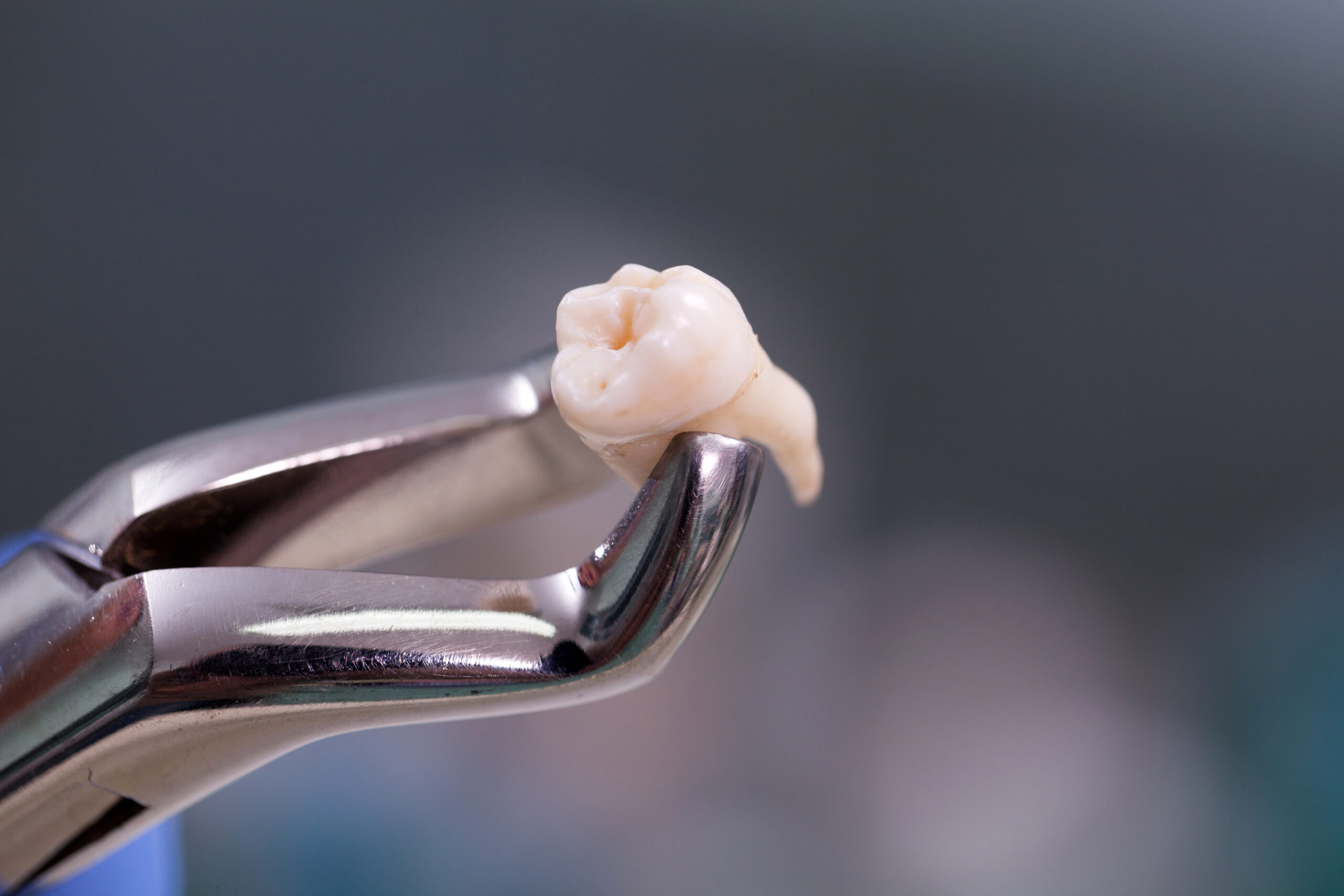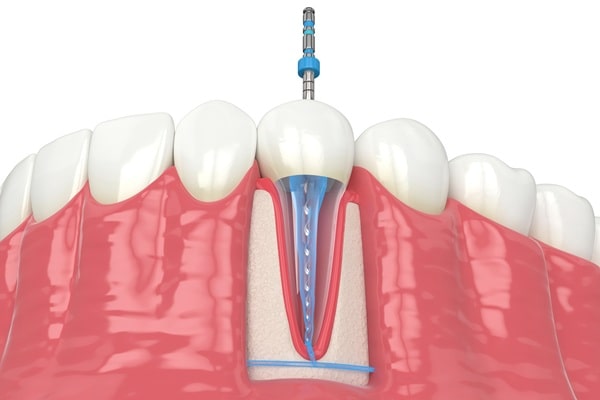Central City Surrey Dentist
General Dentistry in Surrey
General Dentistry
Routine care, prevention, and treatment for lifelong oral health.
Comprehensive Dental Care for a Healthy Smile
Regular dental care helps prevent issues before they start and ensures early treatment for any concerns. The clinic offers evidence-based general dentistry services, from preventive checkups to emergency care, to support lifelong oral health.
Oral Exams & New Patient Exams
Regular dental exams help catch small issues before they become bigger problems. New patients receive a comprehensive evaluation, including:
A full assessment of teeth, gums, and bite
Digital X-rays (if necessary) for deeper diagnostics
Personalized treatment recommendations
Dental Hygiene Appointments
Professional cleanings help prevent cavities and gum disease by removing plaque and tartar buildup. Regular hygiene visits include:
Thorough cleaning & polishing for fresher breath and healthier gums
Gum health evaluations to detect early signs of gum disease
Fluoride treatment (if needed) for added cavity protection
Teeth Extractions & Wisdom Teeth Removal
While preserving natural teeth is always the goal, extractions may be necessary due to severe decay, infection, or overcrowding.
Wisdom Teeth Removal – Recommended when wisdom teeth are impacted or causing pain.
Tooth Extractions – Performed with care to ensure patient comfort and proper healing.
Root Canals
When deep decay or infection affects the tooth’s nerve, a root canal can save the natural tooth and relieve pain.
Removes infection while preserving the tooth structure
Prevents the need for extraction
Comfortable, precise treatment using proven techniques






